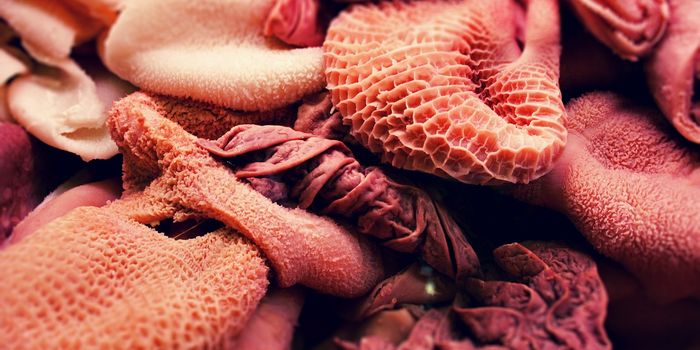Diagnostic Tool Could ID 20% of Autism Cases
Scientists may have created a diagnostic test that can identify as many as one-fifth of potential autism spectrum disorder cases. If developed, such a test could allow for early intervention that may enable clinicians to improve outcomes for affected individuals and their families.
Autoantibodies are antibodies that act against the cells of one's own body, sometimes as part of normal housekeeping or other functions, but sometimes erroneously. Maternal autoantibodies that are thought to act against proteins in the developing fetus have also been associated with autism spectrum disorder (ASD). In one study, researchers linked specific maternal autoantibodies to certain features of autism, like significantly impaired language skills for some autoantibodies, and increased levels of irritability for others.
This new study, which was reported Molecular Psychiatry, used computational tools to analyze biological samples from 450 moms of kids with ASD and 342 moms of typically-developing kids. This work identified autoantibodies that react with eight abundant fetal brain proteins, and the researchers used this data to create a diagnostic tool.
"The implications from this study are tremendous. It's the first time that machine learning has been used to identify with 100 percent accuracy MAR (maternal autoantibody-related) ASD-specific patterns as potential biomarkers of ASD risk," said lead study author Judy Van de Water, a professor of rheumatology, allergy, and clinical immunology at the University of California. Davis.
"The big deal about this particular study is that we created a new, very translatable test for future clinical use," added Van de Water. This test uses maternal blood samples in an ELISA platform.
Previous work by this group showed that maternal autoantibodies reacted with seven proteins in the developing brain of the fetus including collapsin response mediator proteins 1 and 2 (CRMP1, CRMP2), guanine deaminase (GDA), and stress-induced phosphoprotein-1 (STIP1). In this study, the three top reactivity patterns associated with MAR ASD were identified as CRMP1+GDA, CRMP1+CRMP2, and NSE+STIP1. CRIMP1+GDA was the most commonly identified pattern.
"For example, if the mother has autoantibodies to CRIMP1 and GDA, her odds of having a child with autism is 31 times greater than the general population, based on this current dataset. That's huge," explained Van de Water. "There's very little out there that is going to give you that type of risk assessment."
The presence of CRIMP1 was linked to a greater likelihood of severe ASD cases as well.
"We can envision that a woman could have a blood test for these antibodies prior to getting pregnant. If she had them, she'd know she would be at very high risk of having a child with autism. If not, she has a 43 percent lower chance of having a child with autism as MAR autism is ruled out," Van de Water said.
Van de Water also wants to know more about the physiological impact of maternal autoantibodies and is using animal models to investigate. "We will also use these animal models to develop therapeutic strategies to block the maternal autoantibodies from the fetus," she added. "This study is a big deal in terms of early risk assessment for autism, and we're hoping that this technology will become something that will be clinically useful in the future."
Sources: AAAS/Eurekalert! via University of California - Davis Health, Molecular Psychiatry









